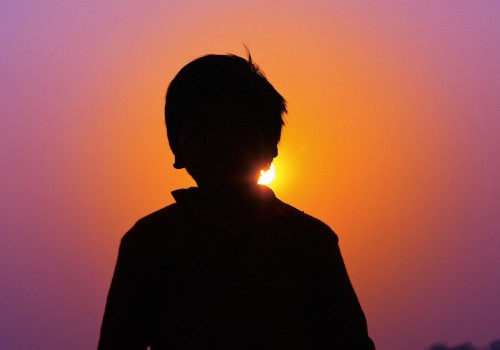My ADS teen and their many roles


Autism Spectrum Disorder (ASD) is a neurodevelopmental disorder that causes significant difficulties in communication, social interaction, behaviour, and restricted or repetitive activities and interests.
Many parents, guardians, and caregivers of people with ASD are concerned about their child's integration into mainstream society.
- "Will they be a good citizen?
- "Because of their limited behaviors or abilities, will they be able to play a role in our society?"
This type of questioning is quite normal. In this article, we will try to answer some of these questions.
Depending on the level of severity, a young person living with autism can follow a "regular" school path. In other words, they can go to school, have a close circle of friends, and even want to branch out into the job market.
Did you know that there are as many forms of autism as there are people living with autism?
That's because each person may have a combination of signs and symptoms that are unique to their profile. Autism Spectrum Disorder (ASD) is usually present in childhood. However, some manifestations may be more readily observable as the child grows up, especially when starting school.
My teenager only wants to play with children's toys... What can I do?
Some young people living with ASD may have few but highly developed interests. For example, a teenager may have a lot of trouble retaining what they learn in class, but they have memorized a city's subway system, from the number of stations and times to the different names of the drivers. It is even common to observe a teenager enjoying Disney cartoons or adoring certain toddler toys.
Some people living with ASD have a keen interest in certain mundane aspects of our daily lives.
As a caring parent, do we have a duty to take away these games or toys, since they are generally considered too childish for the teenager's age?
Confiscating these objects or depriving the young person of their primary interest could lead to significant distress followed by sudden and disproportionate emotional reactions. For them, these interests represent something known and reassuring.
Instead of avoiding these specific activities, here are two possible solutions to this situation:
- You can introduce your teen to new things and make them part of their daily routine. Despite their initial disinterest, the presence of this novelty in their environment may eventually become more familiar and who knows, possibly become a new interest.
- On the other hand, allowing specific times for these activities and interests can be beneficial. Supervision is a complex task, since a certain amount of independence is required. However, it allows the teen to have privileged and well-deserved time with their favourite activity.
Obviously, other solutions are possible, but keeping in mind the unique context of each situation, the most important thing is to think about the youth's well-being. As parents or relatives, it is normal to feel powerless and without tools when faced with these various situations. We recommend you seek help and, above all, believe in your parenting skills. You are an important and reassuring point of reference for your children, so it is important to think of yourself too!
For more information or if you have any questions, please visit our web page.
Reference (in French)
Fédération québécoise de l’Autisme, Qu’est-ce que l’autisme?








